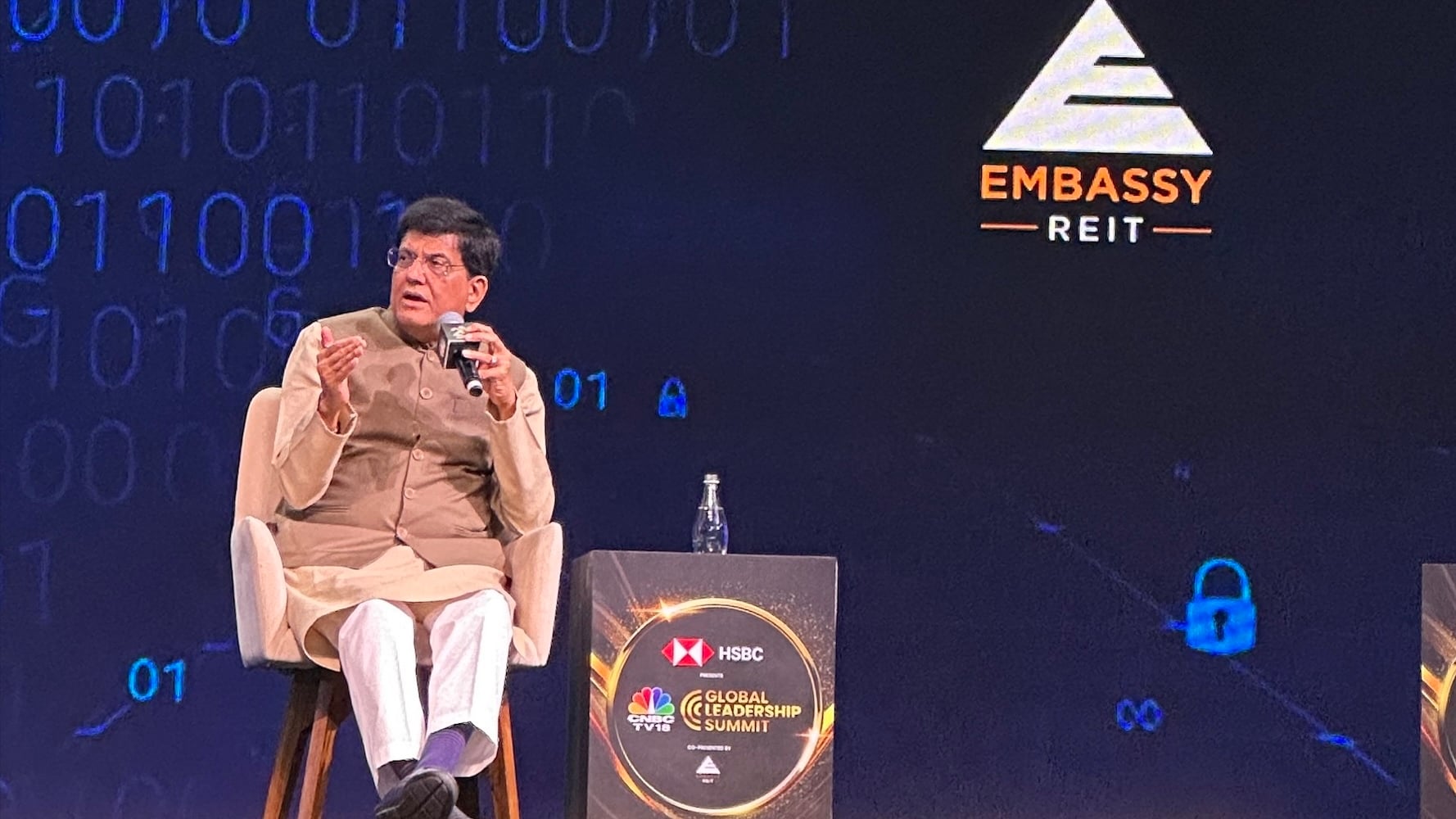
Union Minister of Commerce and Industry Piyush Goyal, at the CNBC-TV18 Global Leadership Summit on Thursday, shared his views on electric and hybrid vehicles and said, “I was against hybrids, but I changed my mind.” Discussing India’s ambitions in the electric vehicle (EV) market and potential international collaborations, Goyal expressed confidence in working with the Trump administration, adding, “I am sure we will work very well with the Trump administration.” He added that Trump “advocates peace and greater dialogue and diplomacy in the world.
” Goyal highlighted India’s openness to global EV manufacturers, saying, “We will be happy to welcome all companies to make EVs in India; the choice is for Mr Musk to make.” He repeated his invitation, “happy to welcome all global companies to make EVs in India,” as he addressed India’s growing EV market. Global EV sales, which include fully electric and plug-in hybrids, are steadily increasing, projected by Bloomberg data to reach 16.
7 million units in 2024, up from 13.9 million in 2023. However, growth is slowing, with a 26% rise in the first half of 2024 compared to a 33% increase last year and a 60% jump in 2022.
Also Read: Vehicle sales reach 3.93 lakh units in October, boosted by festive demand surge: SIAM Goyal stressed the importance of hybrid technology as a bridge to full electrification, urging Indian companies to adopt electric vehicles and said, “Today it doesn’t make sense to buy anything but electric vehicles; today is the right time.” He encouraged industry leaders to “immediately switch to electric” to meet sustainability goals, with targets ranging from 2030 to 2035 for net-zero transitions.
Countries like Japan and Germany, known for their large automotive companies, have seen a decline in EV sales. Germany's drop was especially sharp in August, with sales falling 61%. While demand for hybrids, especially plug-in hybrids, remains strong—particularly in China, where much of the 2024 growth has come from hybrids and range-extended EVs rather than fully electric vehicles.
In Europe, automakers delay lower-cost EV rollouts until stricter CO2 standards begin in 2025, with hybrids positioned as an interim solution. Brands like Renault, VW, and Hyundai are preparing hybrid and affordable EV models for 2025, echoing the response before Europe’s 2020 emissions standard changes. Also Read: SoftBank to make ‘thoughtful, gradual’ exit from Ola Electric, says Sumer Juneja.














